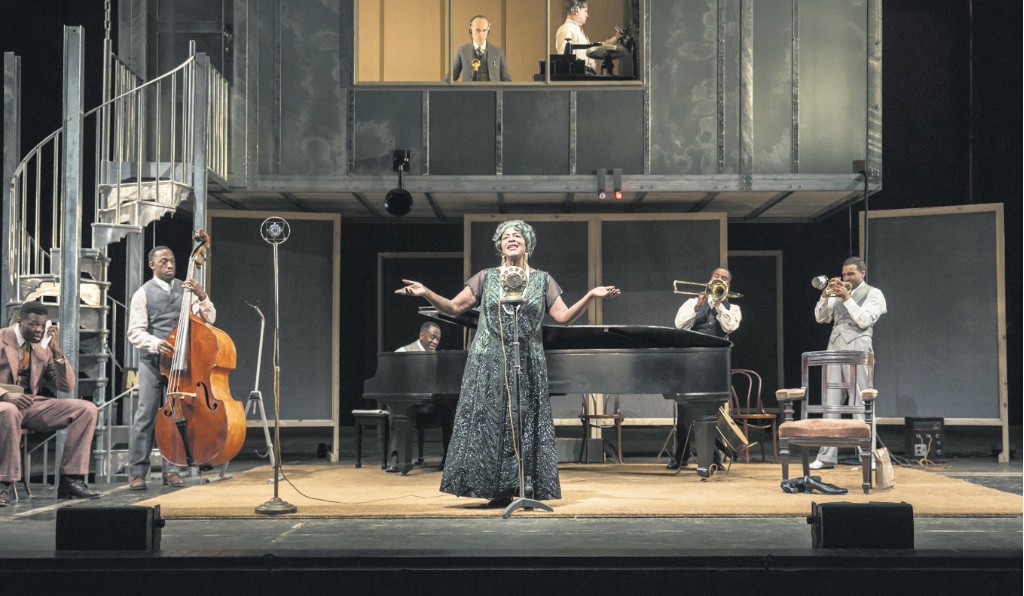Ma Rainey’s Black Bottom review: a powerful and blues-driven exploration of 1920s race relations

National Theatre | ★★★★☆
In this National Theatre production of August Wilson’s 1982 play, larger than life blues legend Ma Rainey commits her performance of Black Bottom to vinyl, in a troubled recording session that becomes an incisive metaphor for black American experiences and white exploitation. (Black Bottom, if you were wondering, was the 1920s’ answer to twerking. And, much like twerking, it was eventually appropriated by white people, who historically have a really hard time coming up with their own ass-shaking moves.)
The diva doesn’t make an appearance in the play’s first half, the focus instead placed on four quarreling band members, whose jokes and personal stories explore the lives and exploits of black people in white-dominated 1920s society. There’s little action as the men rehearse, but a vivid script carries these winding conversations. Bookish pianist Toledo clashes entertainingly with trumpeter Levee, whose aspirations to produce his own music are seen as divisive or, worse, seeking white approval.
When Ma does finally stride into the Chicago recording studio she’s shown to wield only a fleeting power herself, just long enough to perform her song and sign a contract for her white managers.